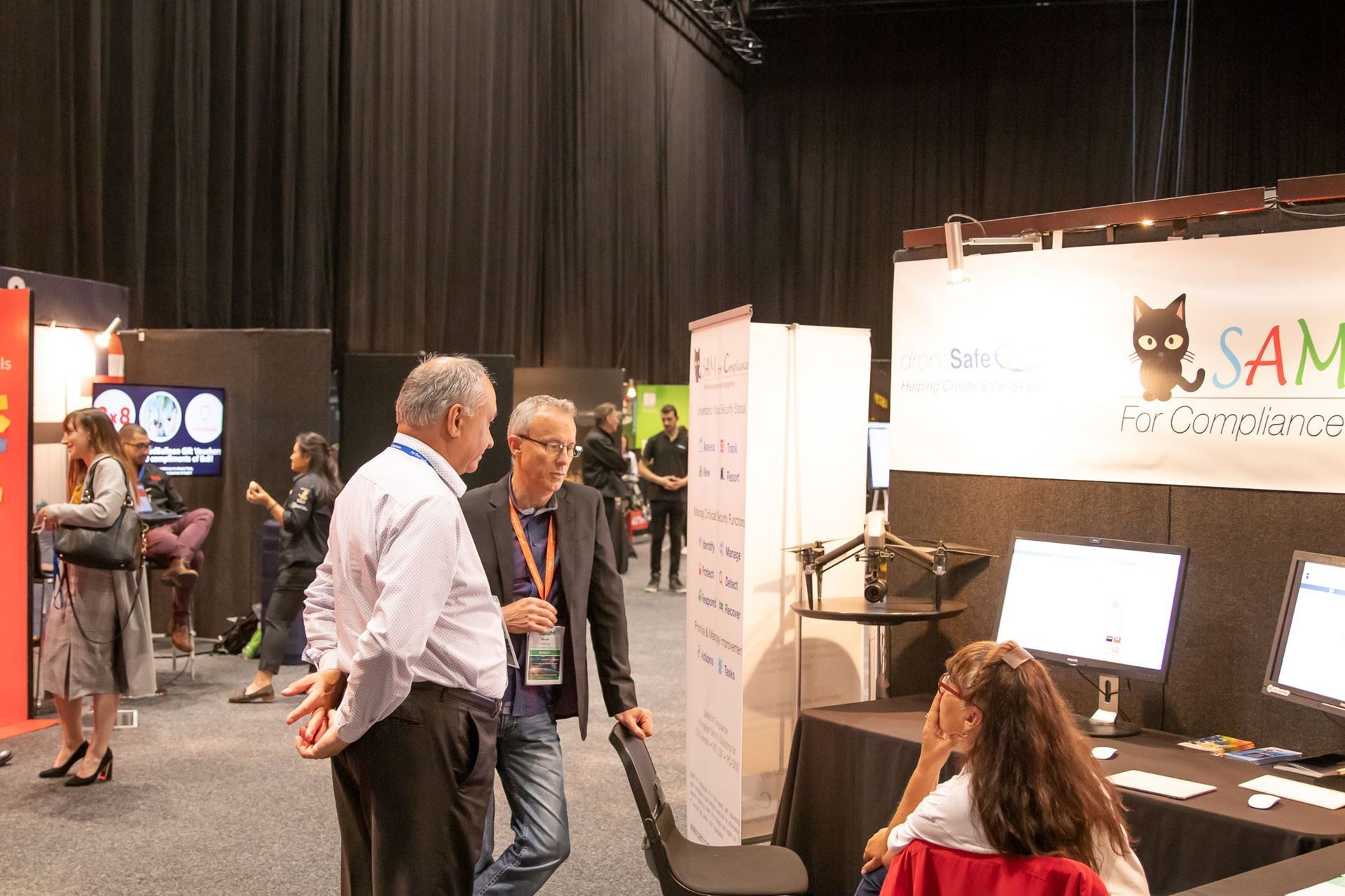
Thanks to Tony Krzyzewski from SAM for Compliance (left) for his help putting this article together.
With everyone beginning to work from home there’s always going to be difficulties in maintaining the same level of security. However, there are some basic cybersecurity tips we can follow to help keep our systems as secure as possible.
Thanks to Tony K from SAM for Compliance for providing the resources we used to put this together. If you’re an IT manager looking to boost your council’s cybersecurity preparedness, you may want to check out the ALGIM Cybersecurity Programme, which is powered by SAM for Compliance.
Only use trusted, secure wifi
Using a password-secured wifi network that you trust is crucial. Public networks like libraries, cafes, and airports are open to attacks where others can intercept the data being sent to and from your device.
Obviously in a level 4 lockdown most people you shouldn’t be in public areas. If you’re at home, ensure your wifi network is using a password to prevent unwanted people from joining.
Keep your devices up-to-date
Updates sometimes bring exciting new features, but more often they’re just patching holes in your device’s operating system. At your organization, IT usually takes care of keeping your device updated, but if you’re using your own device at home, that may not be the case. Whether you’re using a Windows PC, an iPhone, Mac, or any other device, make sure it’s running the latest version of its operating system.
You can see the instructions for several common devices below:
Watch for suspicious emails and links
This applies at work and at home, but don’t click on any links you aren’t sure of. This is especially true for any links that then ask you to enter your password, credit card, or other sensitive information.
If you have anti-virus and anti-malware software on your computer, these will often detect these bogus links, but they aren’t 100% effective, so you need to be vigilant.
Use what your IT department has provided
Your IT department may have specific software they’d like you to use for accessing your organisation’s systems. Make sure to use these in the way that they advise.
Use strong passwords
This is advice for your everyday life, not just work, but it’s crucial. Easy passwords like 12345, or the name of your children can be easily discovered through guessing or scanning your social media pages.
Also make sure your device is locked with a password or pin code. Working out of the office, your device is more likely to be stolen, so it’s important you have it locked down to prevent sensitive information being accessed.
More resources


